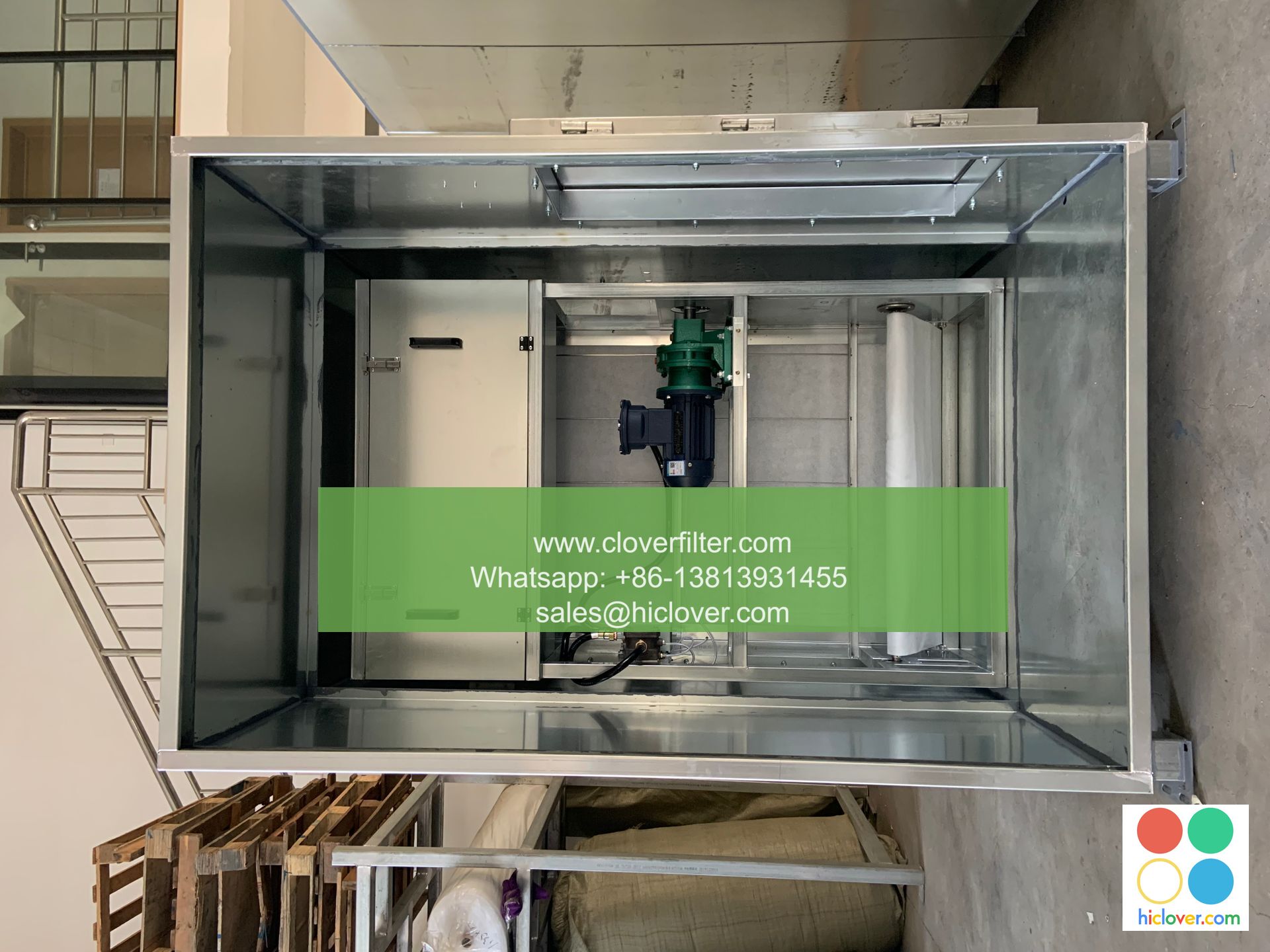The Importance of Air Filtration in Cleanrooms: A Guide

The Importance of Air Filtration in Cleanrooms: A Guide
Cleanroom Technology: A Vital Component of Modern Healthcare and Industry
In today’s high-tech world, cleanrooms have become an essential part of various industries, including healthcare, electronics, aerospace, and pharmaceuticals. These specialized environments require precise control over temperature, humidity, and air quality to prevent contamination and ensure the production of high-quality products. Air filtration is a crucial aspect of cleanroom technology, playing a vital role in maintaining a healthy and contamination-free environment. In this article, we will explore the importance of air filtration in cleanrooms and its applications in various industries.
The Risks of Poor Air Filtration
Poor air filtration in cleanrooms can have severe consequences, including:
- Contamination: Airborne particles, such as dust, smoke, and pollutants, can compromise product quality and put patient safety at risk.
- Health Risks: In healthcare environments, contaminated air can exacerbate the risk of hospital-acquired infections and other health issues.
- Equipment Damage: Poor air quality can damage sensitive equipment and compromise manufacturing processes.
- Product Quality Issues: Inaccurate air filtration can lead to product defects, rework, and increased costs.
- Contamination Control: High-efficiency air filters can capture 99.97% of particles as small as 0.3 microns, ensuring a safe and controlled environment.
- Improved Product Quality: Clean air ensures that products are free from contaminants, reducing the need for rework and costly product recalls.
- Enhanced Patient Safety: In healthcare environments, clean air reduces the risk of hospital-acquired infections and promotes patient recovery.
- Equipment Protection: Proper air filtration extends the life of equipment and reduces maintenance costs.
- HEPA (High-Efficiency Particulate Air) Filters: Capture 99.97% of particles as small as 0.3 microns.
- ULPA (Ultra-Low Penetration Air) Filters: Capture 99.999% of particles as small as 0.12 microns.
- activated carbon filters: Remove gases, odors, and volatile organic compounds.
- Ion Air Purifiers: Neutralize and eliminate airborne pollutants and contaminants.
- Healthcare: Hospitals, clinics, and healthcare facilities require air filtration to maintain a sterile environment and prevent the spread of diseases.
- Pharmaceuticals: Pharmaceutical manufacturing requires air filtration to ensure product purity and compliance with regulatory standards.
- Electronics: High-tech manufacturing, such as the production of semiconductors and sensitive electronics, demands clean air to prevent contamination and ensure precise performance.
- Aerospace: The aerospace industry relies on air filtration to maintain a contamination-free environment and reduce the risk of equipment failure.
The Benefits of Effective Air Filtration
Effective air filtration in cleanrooms offers numerous benefits, including:
Types of Air Filtration Systems
There are several types of air filtration systems used in cleanrooms, including:
Applications of Air Filtration in Cleanrooms
Air filtration is crucial in the following industries:
Conclusion
In conclusion, air filtration is a vital component of cleanroom technology, ensuring a contamination-free and healthy environment in various industries. By understanding the risks associated with poor air filtration and the benefits of effective air filtration, organizations can take steps to ensure a safe and controlled environment. By selecting the right air filtration system for their specific needs, industries can avoid costly rework, reduce downtime, and improve product quality and patient safety.
I’m here to help! Since you didn’t provide a specific prompt, I’ll give you some options to get us started. You can:
1. Ask a question: Have a question about a particular topic, or would you like me to suggest some questions?
2. Share a thought: Share something on your mind, and I’ll help explore it further.
3. Create a story together: I can help spark a story or even create one together with you.
4. Discuss a topic: Pick a topic, and we can discuss it. Examples might include:
* Science, technology, or the environment
* Hobbies, creative pursuits, or personal development
* History, movies, or books
* Games, puzzles, or mysteries
5. Play a game: We can play a text-based game, such as word games, 20 Questions, or Hangman.
Which direction would you like to take our conversation?


